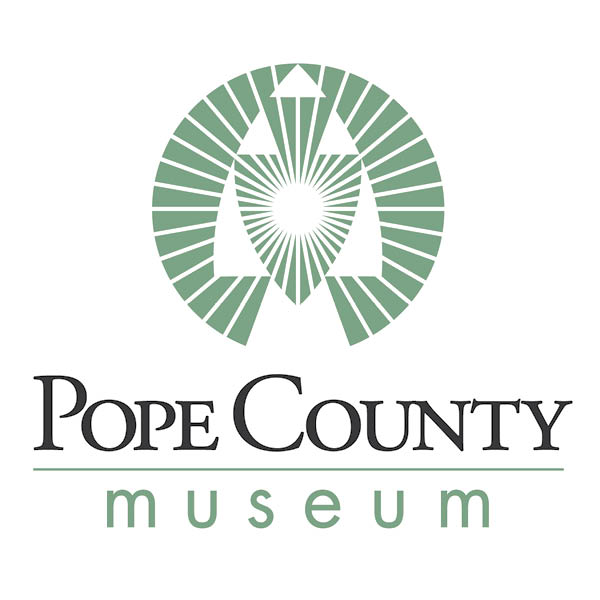Editorial
Published on February 20, 2023 at 1:33pm CST
Shine more light on those paying for political advertising
A major elections reform bill now moving through the Minnesota Legislature would protect the freedom to vote and make it harder to run political advertisements without saying who is paying for them.
Who would not want to know who is actually funding the political ads most of us are subjected to for weeks, even months during an election year? “We the people” deserve to know what groups or individuals are behind those political ads. Often such advertising is shrouded in secrecy attributed to someone or some group innocuously named like “Americans for Freedom.” And often the ads are filled with half-truths or even false information.
And it is not a partisan issue.
In fact, each side of America’s dividing line tends to blame the other. To liberals, the dark money groups are all on the right, and to conservatives, they’re all on the left. But dark money is nonpartisan. In politics especially, we need more light, not more “darkness.”
The Minnesota Campaign Finance and Public Disclosure Board supports a bill provision that would require more reporting of who’s behind political ads. The state now requires reporting for ads that “expressly advocate” for a candidate — by using any of about a dozen words like elect, support, defeat, stop — to include verbiage that is the “functional equivalent” of express advocacy.
That has been the Federal Election Commission standard for almost 20 years, Executive Director Jeff Sigurdson said in a report carried on Minnesotareformer.com, and would require more groups to report their ads to the campaign finance board.
Sigurdson showed the House committee a 2014 ad blasting Democrats for raising taxes and wasting tax dollars on a $77 million “luxury office building for themselves” rather than fixing roads. The ad ran 185 times in Minnesota and cost over a million dollars, but none of that had to be reported to the state campaign finance board because it didn’t expressly advocate for or against anything. And no one knew who actually paid for that advertising.
While purchasing political advertising is form of free speech, how many of us believe those who are paying for such ads should be able to do so anonymously?
It’s easier to make any statement, especially false ones, if one’s identity is unknown.
–TJD




